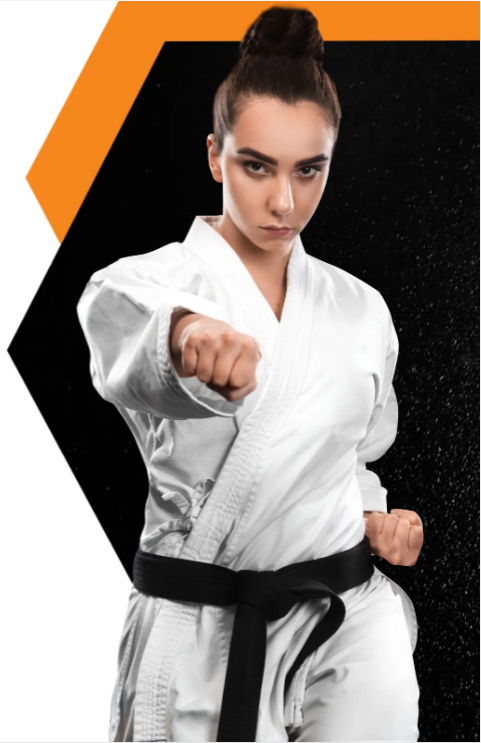Your cart is currently empty!

Karate for Teens
 Our Teens learn a great Curriculum – combining the most effective and best of the martial arts in structured, disciplined, and exciting training classes in sport karate, jujitsu, and, practical karate.
Our Teens learn a great Curriculum – combining the most effective and best of the martial arts in structured, disciplined, and exciting training classes in sport karate, jujitsu, and, practical karate.
Classes are also designed to teach self-defense, focus, self-control, confidence, and self-esteem. They are fun, exciting, and adventurous classes. Teen students learn effective ways of dealing with bullies and they also develop leadership skills to help others.
5 Good Reasons Why Teens Need Karate?
- Fitness
Participating in healthy, vigorous physical activity helps combat the dangerous trend of childhood obesity and resulting diseases like diabetes and high blood pressure. Regular sports provide relief on a seasonal basis (baseball, football, and hockey). Martial arts, on the other hand, is a year-round, healthy fitness commitment that provides a full-body workout, strength, flexibility, and muscle-building exercises to keep teens healthy and prepared to succeed in school and at home. With nearly 5% of American children categorized as “severely obese”, they need all the support possible.
- Stress Management
Teens face stress from school, home, work, and society in general. The American Psychological Association (APA) conducted a 2012 study called “Stress in America” which concluded that stress is of great concern to teenagers. In fact, the APA found that 42% of teens developed stress-induced headaches. Building strong relationships can help combat stress. Through organized martial arts classes, students build lifetime relationships with their peers and their instructors which provides respite for them when they are emotionally drained. This positive support group, along with the resilience training that martial arts practice produces, can help teens manage the stress brought on by the school, friends, family, and work. The Mayo Clinic reports that regular exercise acts as a stress reliever because it releases endorphins, increasing one’s sense of well-being. So the regular physical activity that martial arts provide is perfect for the growing teen.
- Positive Self-Esteem
Positive character development is a mainstay of traditional martial arts training. Through the discipline that the curriculum requires, martial artists learn to apply positive tenets and codes to their lives, and to the service of others less fortunate than they are. In fact, teens with troubled lives who begin martial arts training and commit to the work often find themselves looking at life challenges as opportunities, rather than tragedies. They become more resilient, and therefore better able to face the stressors of everyday life. Teens who practice martial arts celebrate their successes in training, and therefore learn to celebrate themselves in life.
- Socialization Skills
Cliques rule – they rule local governments, corporate boardrooms, high schools, and middle schools. In fact, the power of adolescent cliques contributes to the frequency of bullying in modern teen society. Bullying is applied physically or mentally to demean or otherwise damage a person. There is an urgent need to prevent physical and mental damage caused by this type of abuse. Often providing anti-bullying programs, martial arts schools provide safe environments in which all types of people interact. The philosophies upon which traditional martial arts systems are based forbid practitioners to be biased against any individual, to mistreat any person or group, or to exclude classmates from participation in any in-school or outside-school activity. Inclusion is the key. Learning how to include others and how to be included is a by-product of the discipline and character-building curriculums present in good martial arts schools.
- Self-Defense
The National Crime Prevention Council reports that “Each year more than 40 million Americans are victimized at home, at school, or on the street” and, “For all major types of crimes, people aged 12 to 19 are the most frequent victims.” The reality of danger looms in the hearts and minds of teens everywhere. Persistent training in a traditional martial arts system provides a practical self-defense education to prepare teens for the anger that they may encounter in life.
Karate Jitsu also helps teens develop confidence, resilience, and determination which helps propel them toward their positive life goals. Regular participation in traditional martial arts practice is good for the teenager’s mind, body and spirit.
